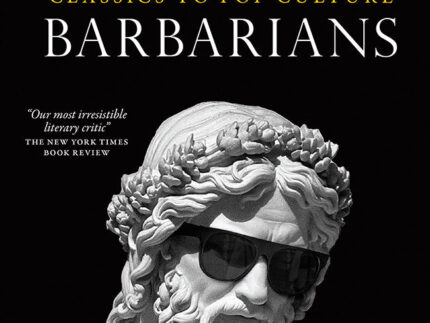Russian Classics in Translation
Sweeping from Catherine the Great to Stalin, these six books offer astounding depictions of folk belief, dehumanizing violence, and the enigmatic power of the landscape. Begin with The Captain’s Daughter, the fairy-tale historical novel “in which Pushkin created Russian prose,” according to Robert Conquest. Set during the fanatic violence of Pugachev’s Rebellion, this story about a young officer confronts calamity with love. With Nikolai Leskov’s Lady Macbeth of Mtsensk, turn to one of Pushkin’s literary heirs. These warmly humorous stories—beloved by Walter Benjamin and Alice Munro—are enchanting evidence of the grip that folk tales maintain on us. Peasants and Other Stories, a collection of Anton Chekhov’s masterful late work, captures Russian life in a different key. These delicate stories, selected by legendary critic Edmund Wilson, resound with a novelistic richness.
For a searing look at the human costs of Russia’s revolutionary idealism, take up The Foundation Pit. Andrey Platonov’s 1930 satire imagines a team of workers digging the foundation for an edifice that will house the perfect future. As this hallucinatory story progresses, it becomes clear that what is being dug is an immense grave. Varlam Shalamov’s Kolyma Stories is an epic array of short fiction from the Gulag—where Shalamov spent fifteen years. This is at once the biography of a survivor, a rare historical account, and a lyrical work of literary resilience. Finally, turn to a novel that bends all our expectations of the novelistic form. Called “enchanting” by Vladimir Nabokov, Sasha Sokolov’s A School for Fools is a baffling, riotous experiment with narration. Leave this collection with what you came for: a bit of madness that strains, delightfully, at the limits of language.











